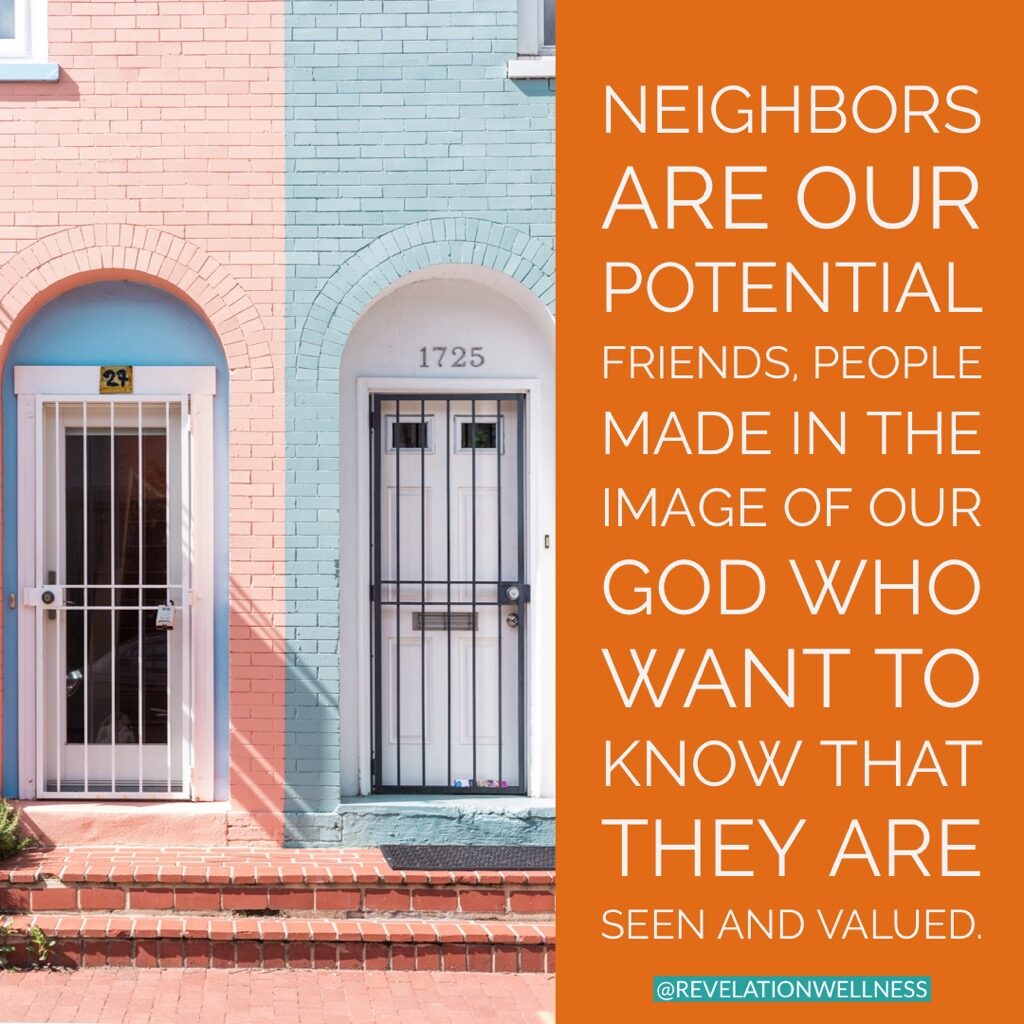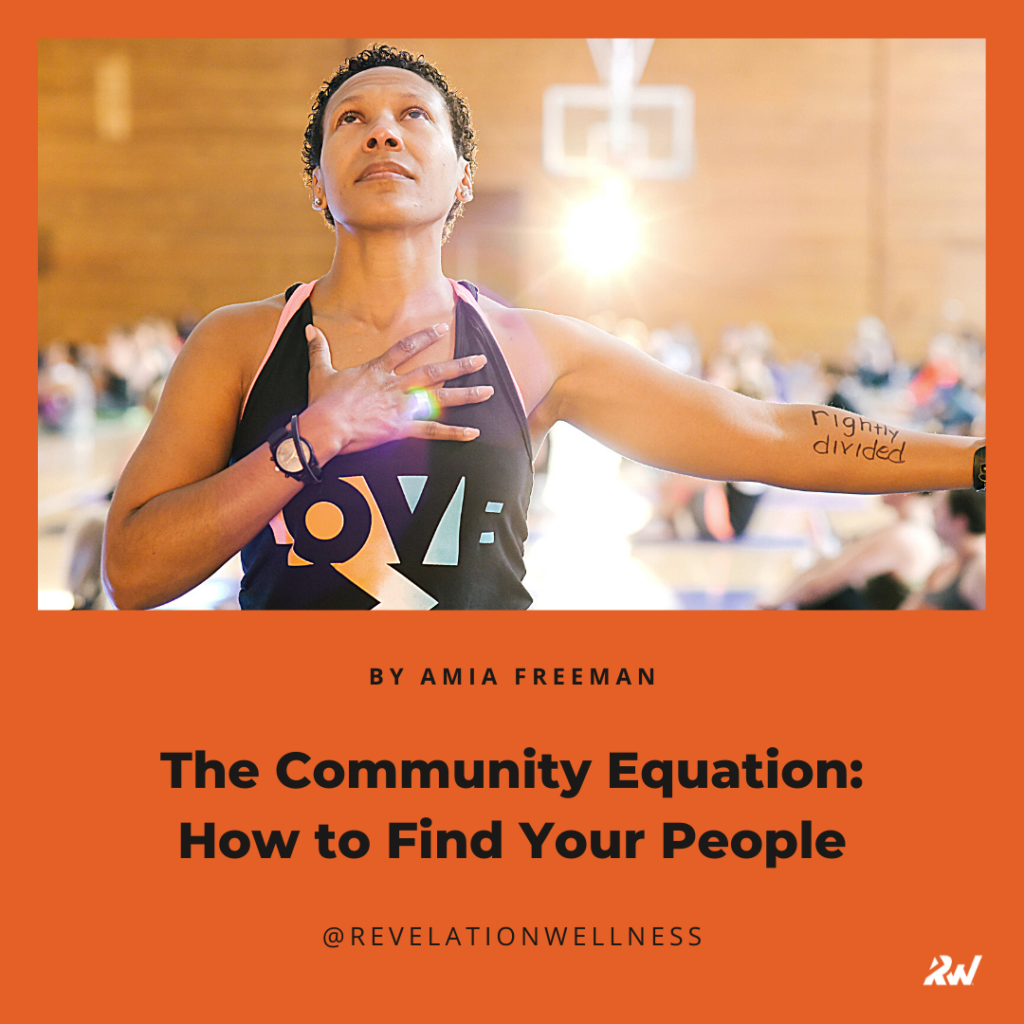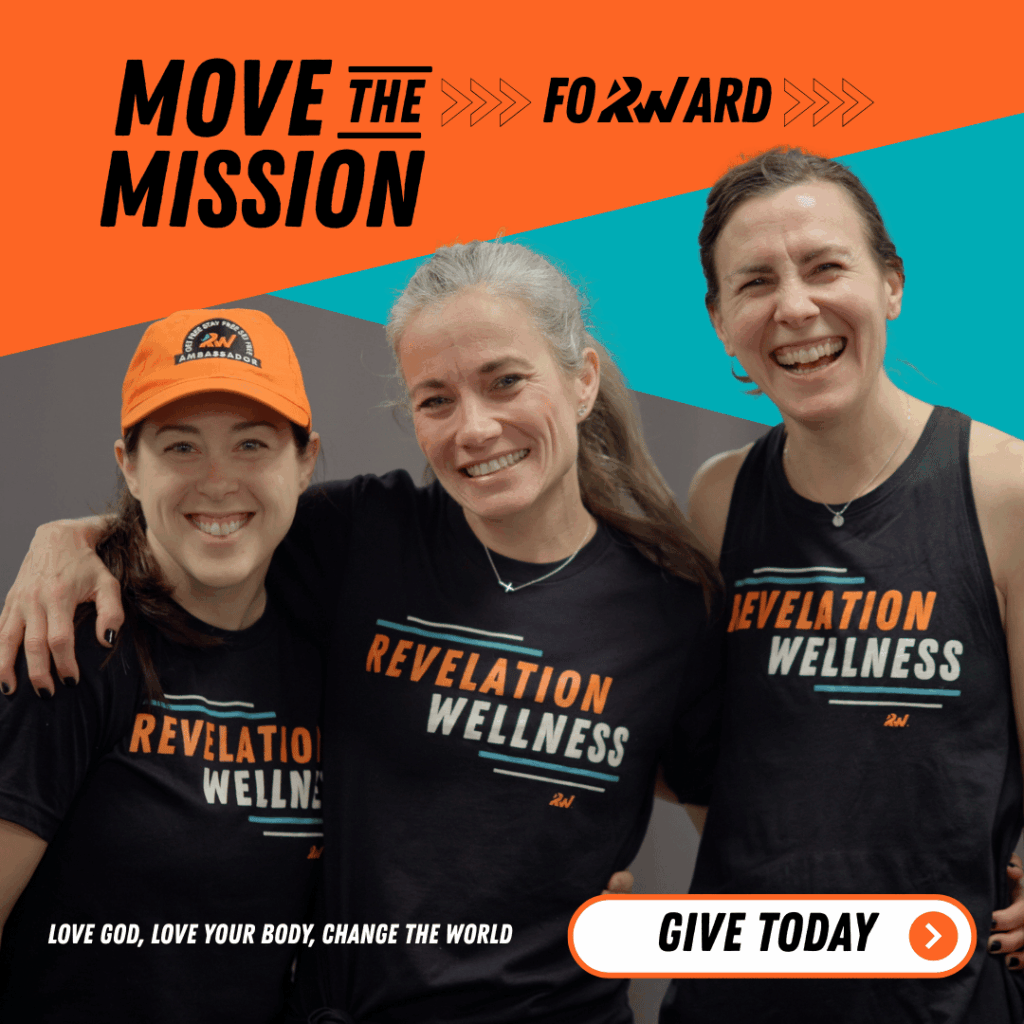Talancia shares biblical tips for building communities where people can come as they are.
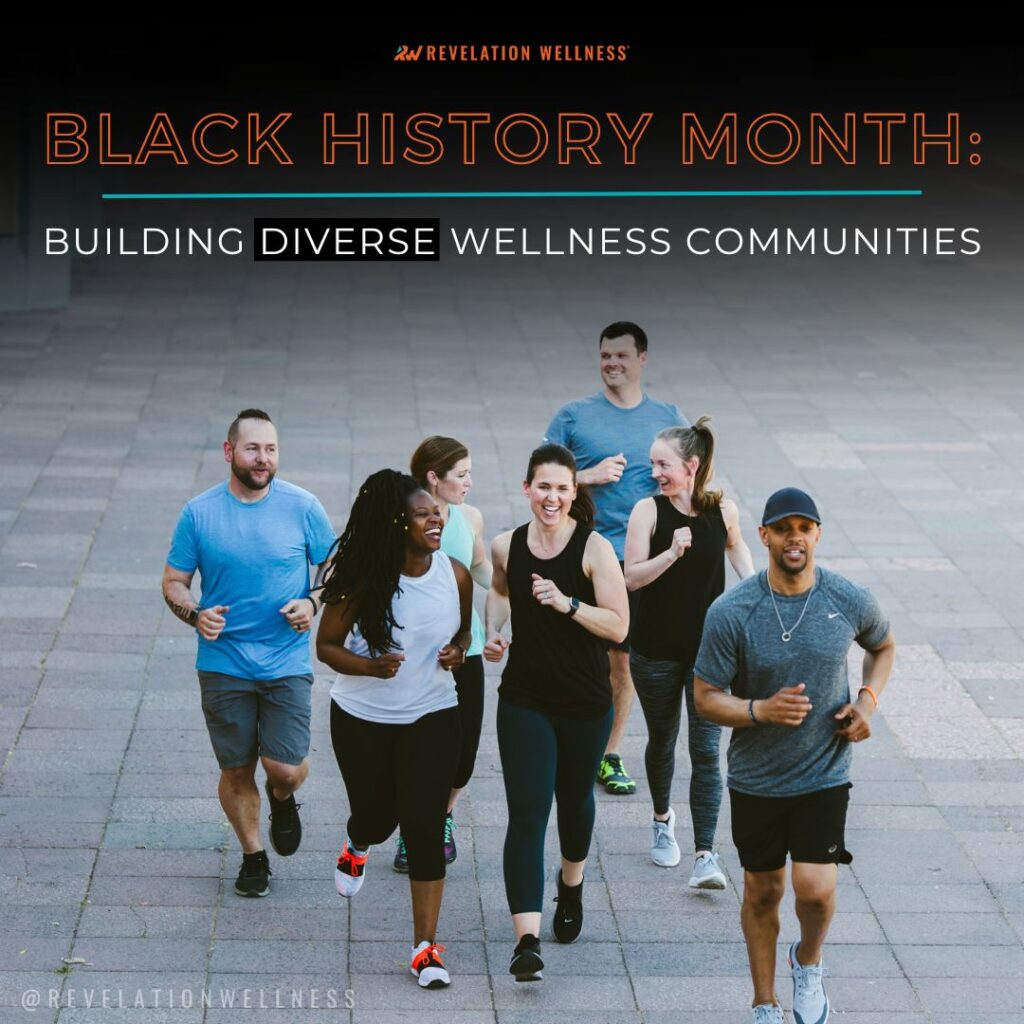
The age-old question of “What if I’m the only one?” carries depths of experiences and traumas. It’s a question of belonging. It’s a question of acknowledgment and a need to feel safe. At the basic human level, minority groups are asking, “Will I see myself reflected in this space? Or will I need to “code shift,” alter my authentic self to be accepted here?”
The fear of isolation may trigger anxiety, self-doubt and/or depression because we all have an innate desire to be in community. When we see ourselves represented in our circles of influence, it validates acceptance. But when the many who aren’t represented must fight to be seen, heard, and recognized, it’s a short-lived, bittersweet victory.
As sons and daughters of Christ, we believe our true identity is found in the Word of God. We discover we, too, are God’s chosen people, set apart to do good works. Despite injustices committed against us, we have the power to endure, forgive and “wrap ourselves in love, the perfect bond of unity” (Colossians 3:12-17, AMP). As we are filled with these timeless truths, we become brave enough to step into unfamiliar spaces, even if we are the only ones. We become guideposts of inclusivity in our communities. We intentionally choose to be image-bearers of our heavenly home.
Leading with empathy, compassion, and understanding, our communities can be a reflection of the Creator.
Talancia Pea
Jesus Transcended Culture to be a Change Maker
As fully man and fully God, Jesus transcended the Roman empire’s cultural prejudices and laws. He did not wait for permission to heal the hurting or anoint the forgotten. He held strong to the work his Father had called him to complete (Luke 2:41-52).
In John chapters 4 and 8, Jesus’ interaction with “outcasted” women demonstrates practical steps we can practice becoming an ally to those who are underrepresented and unwelcomed by the majority.
1. Be Available
Despite the laws not allowing Samaritans and Jews to be associated, Jesus was intentional about meeting the woman at the well in a familiar place. He was unguarded and available to her. He was not bound by others’ opinions of who he could or couldn’t befriend.
2. Gracious Invitation
Jesus was gentle in his approach when meeting the woman. He graciously asked her for a drink. He made a connection based on their shared essential need for water. Discovering one connection or shared interest is a great way to begin building trust with someone who’s different from you.
3. Conversations, Not Accusations
Jesus knew the woman’s past before she could share it, but he never made accusations or misjudged. He believed the best. He heard the woman’s experience firsthand rather than rumors. He offered his support to be “living water” for her. We can support others in their challenges when we remain open and free of judgment.
4. Be an Ally, Don't Throw Stones
A few chapters later, in John 8, a woman who was caught in adultery was brought to Jesus.
The crowds asked Jesus if he agreed that it was lawful according to the Law of Moses to stone her. Jesus remains calm and kneels to write in the dirt. No one knows what he wrote. But Jesus, knowing the hearts of the men who brought the woman to Him, turns and says, “Let any one of you who is without sin be the first to throw a stone at her.” Slowly the crowd leaves, and the woman is unharmed.
Imagine if Jesus had chosen not to stand with the woman; she would have surely died. We, too, can learn that by doing nothing, we are inherently harming others. Speak out and take action when facing offensive and intolerant behaviors and biases against minority groups. Advocate for the change you would like to see in your community!
A Mosaic of Believers
Leading with empathy, compassion, and understanding, our communities can be a reflection of the Creator– a beautiful mosaic of believers united with the goal to be healed and to heal. Diversity and equal representation have the power to bring us together if we allow it. Together we create greater perspectives, break down stereotypes, and overcome hate with love.
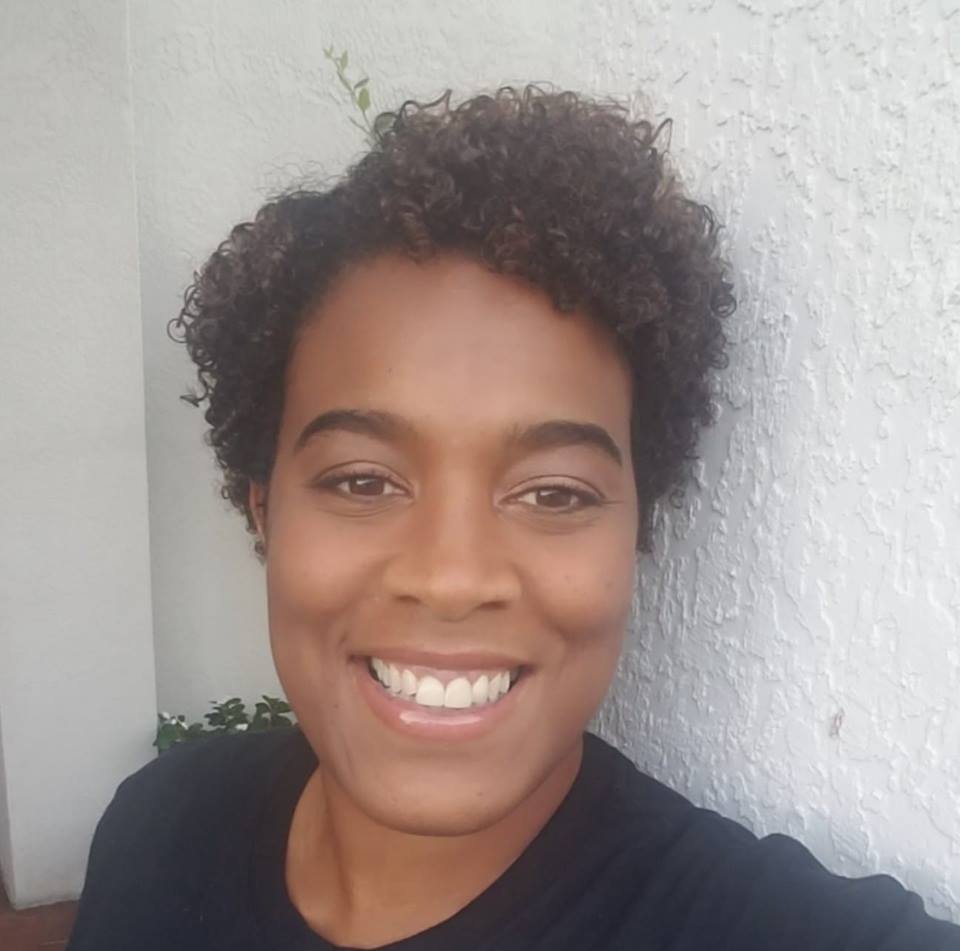
Talancia (Tee) Pea is a certified Revelation Wellness Instructor (Platoon 17) and Yoga Instructor. When she’s not writing, she enjoys beach days and camping trips with her husband, Corey, and three children. Learn more about how Tee is creating an inclusive fitness community, connect on Facebook and Instagram at @every1moves


